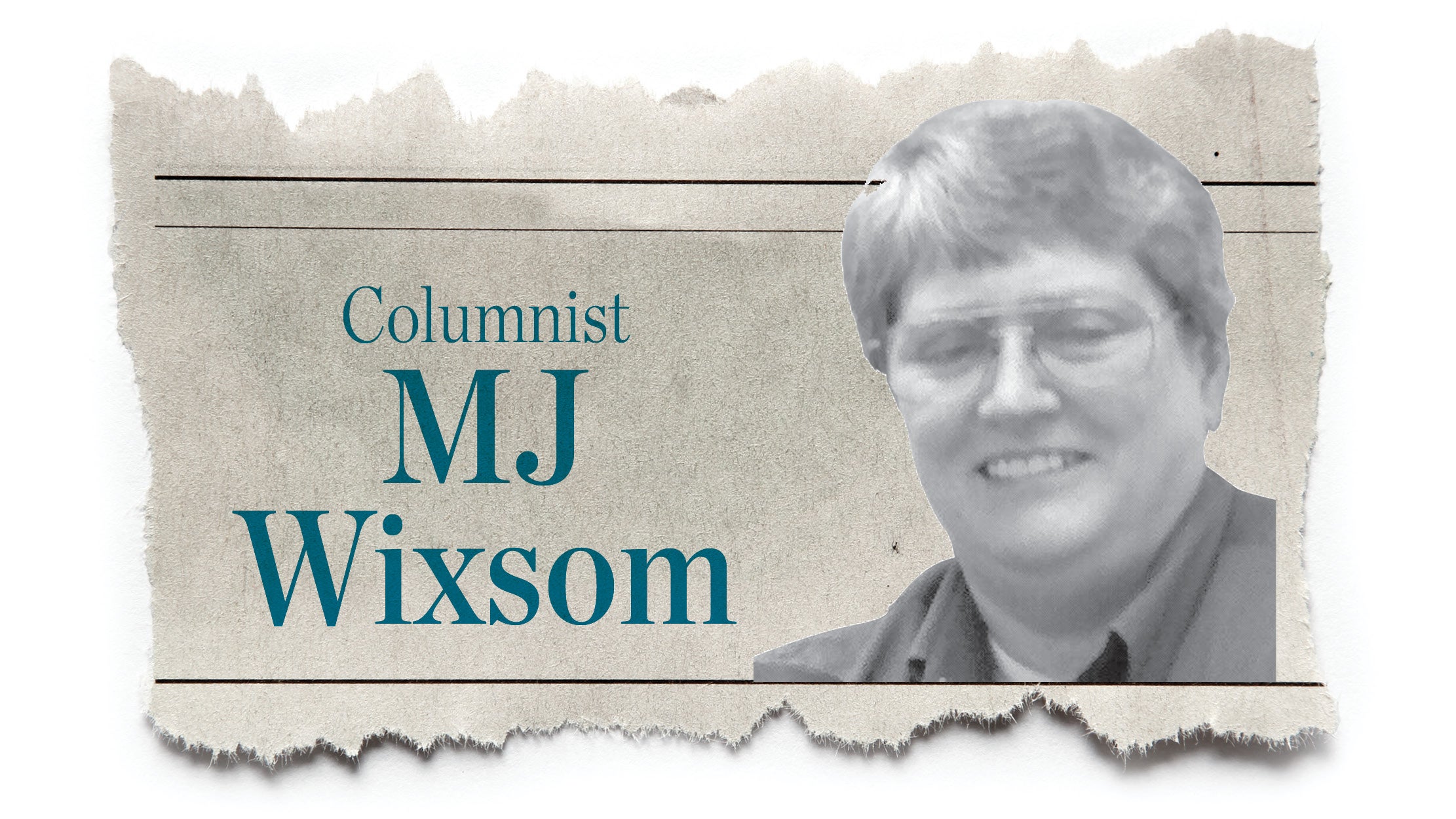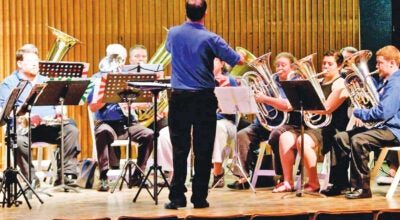Courage may be lacking in the current generation
Published 5:13 am Saturday, April 2, 2022
It was the English statesman Sir Edmund Burke who said, “But what is liberty without wisdom, and without virtue? It is the greatest of all possible evils; for it is folly, vice, and madness, without tuition or restraint.”
For example, the virtue of courage.
“Courage,” wrote C.S. Lewis in his famous Screwtape Letters, “is not simply one of the virtues, but the form of every virtue at the testing point… A chastity or honesty, or mercy, which yields to danger will be chaste or honest or merciful only on conditions.”
We could use a little courage these days don’t you think?
Describing our current cultural climate, sociologist Christopher Smith, of the University of Notre Dame, and his colleagues interviewed Americans aged 18–23. The research from their book, “Lost in Transition: The Dark Side of Emerging Adulthood,” gave insight into the moral lives of young adults or in this case, the appalling lack thereof.
The rambling replies of those surveyed reveal that young adults don’t even have the vocabulary to engage in moral reflection.
As one person replied, “I don’t really deal with right and wrong that often.”
You see, for those 18- to 23-year-olds, right and wrong is judged by gut feeling.
One of them said, “I have no other way of knowing what to do but how I internally feel.” Conscience is not feelings; it consists of objective knowledge.
To cultivate virtue, one must begin with the most basic element: There is truth, and we can know it. This notion of truth may seem obvious to some, but with the rise of relativism today, we can’t afford to assume kids believe in absolutes.
Chuck Colson observed, “Can freedom survive where virtue doesn’t thrive? It was an important question for the founders of the American republic, and it is a timely one for today. The Founding Fathers saw the critical connection: They pledged their lives, fortunes, and sacred honor to defend the self-evident truths ‘that all men are created equal, that they are endowed by their Creator with certain unalienable Rights, that among these are Life, Liberty, and the pursuit of Happiness.’ Christians know something else: true virtue, and hence genuine happiness, is not merely a matter of thinking correctly or behaving properly. As Jonathan Edwards put it, the seat of true virtue is in the heart.
Real happiness flows from character and comes to those, as Jesus said, who are poor in spirit, merciful and meek, and who hunger and thirst for righteousness and peace. Some of the founders were less than fully orthodox in their theology, but they believed this. No person or nation can be good without God. This is why, in setting forth the most radical program for self-government in human history, they appealed not only to nature, but also to nature’s God.”
True virtue is personal, but it is never merely private. It involves a commitment to civic duty and the common good traits seen so clearly by Alexis de Tocqueville in the Americans of the 1830s.
He noted, “In the United States, the influence of religion is not confined to the manners, but it extends to the intelligence of the people…Christianity, therefore, reigns without obstacle, by universal consent…I sought for the key to the greatness and genius of America in her harbors…; in her fertile fields and boundless forests; in her rich mines and vast world commerce; in her public school system and institutions of learning. I sought for it in her democratic Congress and in her matchless Constitution. Not until I went into the churches of America and heard her pulpits flame with righteousness did I understand the secret of her genius and power. America is great because America is good, and if America ever ceases to be good, America will cease to be great.” That takes courage!
The date was March 23, 1775, St. John’s Henrico Parish Church in Richmond Virginia.
The voice filling the air was a God fearing and freedom loving man by the name of Patrick Henry, a man who said, “Righteousness alone can exalt America as a nation. Whoever thou art, remember this; and in thy sphere practice virtue thyself, and encourage it in others.”
On this particular day in March, the heartfelt passion in his voice is matched by his clear understanding of the present situation he and his fellow countrymen found themselves in.
He said on that day, “There is no retreat but in submission and slavery! Our chains are forged! Their clanking may be heard on the plains of Boston! The war is inevitable – and let it come! I repeat it, sir, let it come…Is life so dear, or peace so sweet, as to be purchased at the price of chains and slavery? Forbid it, Almighty God! I know not what course others may take; but as for me, give me liberty or give me death!”
It is hard to think of Patrick Henry without being inspired by his courage!
A courage that dared to stand against popular opinion and depend completely on an amazing God who never fails.
Let’s be courageous!
Tim Throckmorton is the national director of Family Resource Council’s Community Impact Teams.





